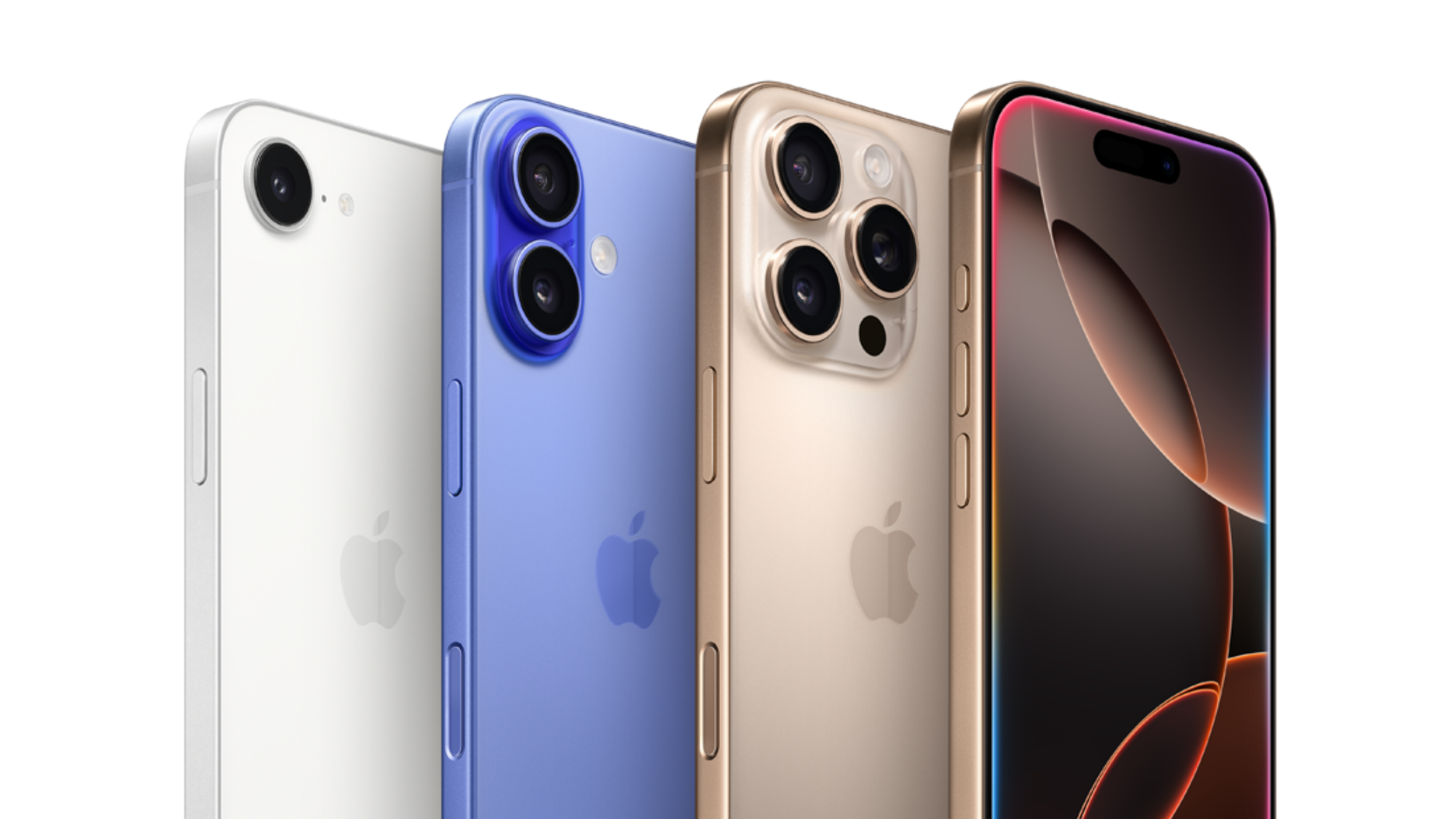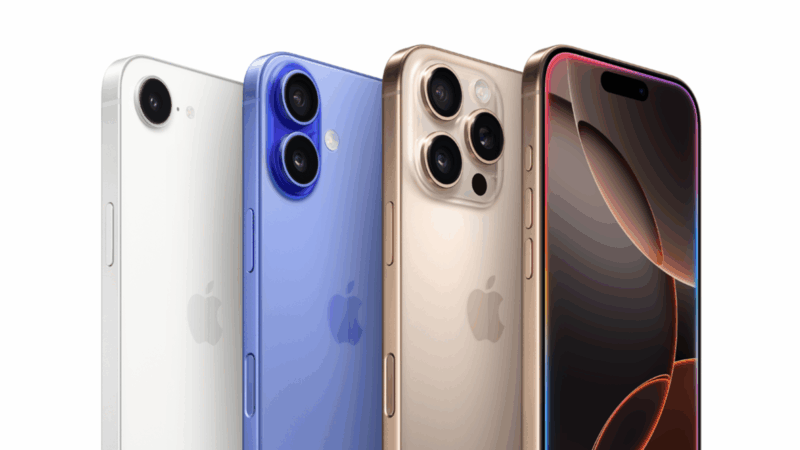
Apple’s slow but deliberate move into artificial intelligence is starting to take clearer shape. During a recent interview, Apple CEO Tim Cook confirmed that the company plans to bring more third-party AI models into Apple Intelligence, the tech giant’s new suite of AI-powered tools that will redefine how Siri and iPhones operate.
For millions of iPhone users worldwide, this could signal the beginning of a much smarter, more responsive iPhone experience.
Apple Intelligence: What It Really Is
In case you’ve missed it, Apple Intelligence is Apple’s integrated AI system built into iOS, iPadOS, and macOS. It’s designed to help users perform daily tasks faster and more efficiently, such as writing better messages, summarising long texts, generating images, and managing their calendars more intuitively.
So far, Apple has already partnered with OpenAI’s ChatGPT, allowing Siri to hand over certain queries to the chatbot when it needs extra context or creativity. But Cook says this is just the beginning. More AI models are on the way.
Tim Cook Says: “More AIs Are Coming”
During the announcement, Tim Cook revealed that Apple is in discussions with other major AI companies, including Google Gemini, Anthropic Claude, and Perplexity AI, to expand Apple Intelligence even further.
This means future versions of Siri could draw from multiple powerful AI systems, depending on what the user asks. For instance, Siri could rely on ChatGPT to help you write a creative caption, use Gemini for quick factual searches, or call on Claude for structured writing assistance.
In Cook’s words, Apple wants users to “have access to the best AI experiences available,” while still keeping their data private and secure.
Why Apple Is Opening Its Doors to Other AIs
Apple has always preferred to build things on its own. But this time, the company seems ready to open up. The reason is simple: the AI race is evolving too quickly for any brand to go solo.
Competitors like Google, Microsoft, and Samsung have already embedded AI tools like Gemini, Copilot, and Galaxy AI into their devices. To stay ahead, Apple needs to combine its in-house technology with models from other trusted companies.
Interestingly, this shift towards openness echoes recent developments around Apple’s app ecosystem. Recall that the UK’s Competition and Markets Authority (CMA) recently urged Apple to allow other app stores and payment systems on iPhones. That regulatory push highlighted how Apple is being encouraged globally to loosen its control and embrace more open systems. Now, with AI, the company appears to be taking that same step voluntarily, inviting multiple partners while still maintaining its privacy-first standards.
By integrating several AI models, Apple can deliver richer and more accurate results, from smarter writing suggestions to better voice recognition for Siri.
For users, this could mean smoother experiences when drafting emails, summarising documents, or planning your day, all from your iPhone.
How It Could Work on iPhones
Apple’s vision for AI is a blend of on-device processing and Private Cloud Compute, a secure system that sends data to Apple servers only when needed.
Here’s what that means in practice:
-
Siri will handle most everyday tasks on your device using Apple’s built-in AI.
-
When your question needs broader knowledge or creativity, Siri might connect to ChatGPT, Gemini, or Claude.
-
You’ll always be asked for permission before your data leaves your iPhone.
This hybrid setup keeps user data safe while still giving access to the power of external AI models.
Imagine telling Siri, “Write a short birthday message for my friend,” and it instantly generates a witty, heartfelt text, that’s Apple Intelligence in action.
The Privacy Factor: Apple’s Biggest Promise
One of Apple’s strongest selling points has always been privacy. With multiple AI systems now joining the party, the company has introduced Private Cloud Compute to make sure users maintain control over their information.
In simple terms, Private Cloud Compute ensures that when Siri connects to third-party AIs, your personal data isn’t stored, tracked, or used for training those models. It’s a safeguard that separates Apple’s AI approach from most competitors.
This is particularly important as concerns about AI data collection continue to grow globally.
RELATED: Apple May Soon Be Forced to Open iPhones to Other App Stores
Apple’s AI Ambition: Catching Up, But Quickly
Tim Cook revealed that Apple is on track to roll out an AI-upgraded Siri next year, adding that “our intention is to integrate with more people over time.” He noted that the company is “making good progress” on Siri’s development and hinted that AI-related acquisitions are still being considered. “We are open to pursuing M&A if we think that it will advance our roadmap,” Cook said.
For years, Apple has been perceived as cautious in the AI race, focusing more on privacy and design than innovation speed. But Tim Cook’s statement signals a stronger shift in direction.
Apple isn’t just updating Siri; it’s building an entire AI framework across its devices, one that learns from user behaviour, manages tasks proactively, and still keeps data safe.
With ongoing discussions with Google, Anthropic, and Perplexity, Apple is proving it’s ready to compete with the likes of Microsoft and Samsung in delivering more advanced AI experiences.
The Future of Siri and Apple Intelligence
The next version of Siri, expected in 2026, could be the smartest yet. Apple is reportedly working on features that allow Siri to understand context across apps, complete complex multi-step tasks, and even anticipate what users need before they ask.
Imagine Siri reminding you to charge your phone before a trip or automatically generating a to-do list based on your messages. That’s the level of personal assistance Apple is aiming for with its growing AI ecosystem.
For Nigerian iPhone users, this could mean smarter, more personalised device experiences that actually understand local needs and expressions.








